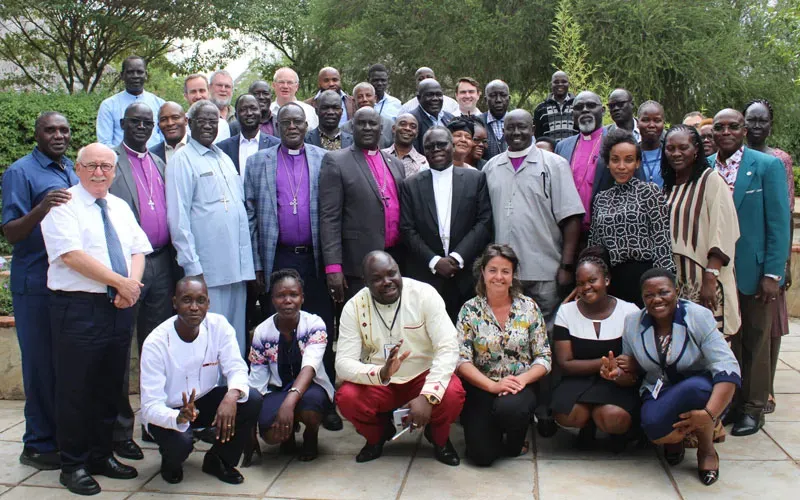Juba, 30 August, 2022 / 9:00 pm (ACI Africa).
Politicians in South Sudan’s Western Equatoria State have lauded initiatives that faith-based leaders have undertaken in the Central-East African nation to end conflict among local communities.
From August 23-26, the South Sudan Council of Churches (SSCC) organized a “healing retreat and trust building” for politicians of the Azande and Balanda, two communities in conflict in Western Equatoria State.
In a Saturday, August 27 statement shared with ACI Africa, the politicians laud SSCC members for bringing political stakeholders together “to create a conducive environment for peace and for displaced persons to return to their homes.”
“We appreciate the role of the South Sudan Council of Churches and their support for peace efforts in bringing peace and reconciliation among the people of greater Tombura and South Sudan,” the politicians say in their collective statement following the meeting that brought together 24 participants.
In the statement, the faith leaders note that the consultative meeting and retreat is a good manifestation of the concern the SSCC members have for the people “who are suffering due to the conflict in the country.”








